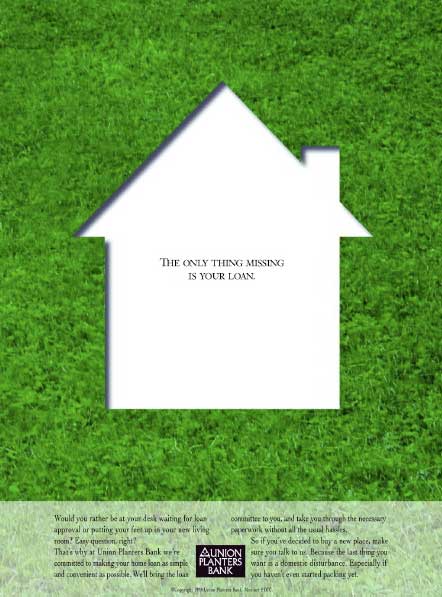Is There A Cure For Sleep Apnea?
 Sleep apnea is a condition in which people avoid breathing for 10 to 30 seconds while sleeping. Each night, these fleeting delays in breathing will occur up to 400 times. Obstructive and core sleep apnea are the two forms of apnea. The most prevalent form of sleep disturbance is obstructive sleep apnea. Let’s look at all of the options for treating sleep apnea. Check Metro Sleep.
Sleep apnea is a condition in which people avoid breathing for 10 to 30 seconds while sleeping. Each night, these fleeting delays in breathing will occur up to 400 times. Obstructive and core sleep apnea are the two forms of apnea. The most prevalent form of sleep disturbance is obstructive sleep apnea. Let’s look at all of the options for treating sleep apnea. Check Metro Sleep.
The purpose of sleep apnea therapy is to reestablish normal night breathing and relieve symptoms such as loud snoring. It can also assist with other medical issues including asthma and lower the chance of a heart attack.
- Habitual Modifications
- Sleep apnea is often handled by modifying everyday behaviours.
- Stay away from beer, cigarettes, and sleeping pills.
- If you are overweight, you could lose weight. Only a minor weight reduction will boost the effects and assist in the treatment of sleep apnea.
- Instead of lying on your stomach, consider sleeping on your foot. It could be helpful to sleep on your side to hold your throat free. To treat sleep apnea, people with mild or severe apnea may need to make certain improvements as well.
- Optimistic Pressure Spectrum
Continuous positive airway pressure (CPAP) is the most effective treatment for sleep apnea. You wear a mask over the nose when sleeping to treat sleep apnea. The mask pumps air onto your throat at a pressure that is customised for you. The added airway pressure holds the throat open as you sleep. The ambient pressure is changed only sufficiently to prevent the airways from being temporarily too narrow during sleep, resulting in a treatment for sleep apnea.
This snoring therapy for sleep apnea will help you stop snoring. Stopping snoring does not mean you no longer have sleep apnea. CPAP equipment is normally shipped to your home by a technician.
Surgical procedures
Surgery can help certain people with sleep apnea. The form of surgery needed is dictated by the origin of sleep apnea. If the tonsils and adenoids are obstructing the airway, surgery may be required to extract them.
Addiction Recovery
For obstructive sleep apnea, there is no drug-based therapy. The methylxanthine theophylline, when taken orally, can assist with sleep apnea, but it can also trigger side effects including palpitations and insomnia. While theophylline is ineffective in adults with OSA, it is sometimes used to treat Central Sleep Apnea.
Two-tiered
Another treatment option for sleep apnea is bi-level therapy, which involves using an electrical circuit to monitor the patient’s breathing and administering two separate pressures during inhalation and exhalation.

